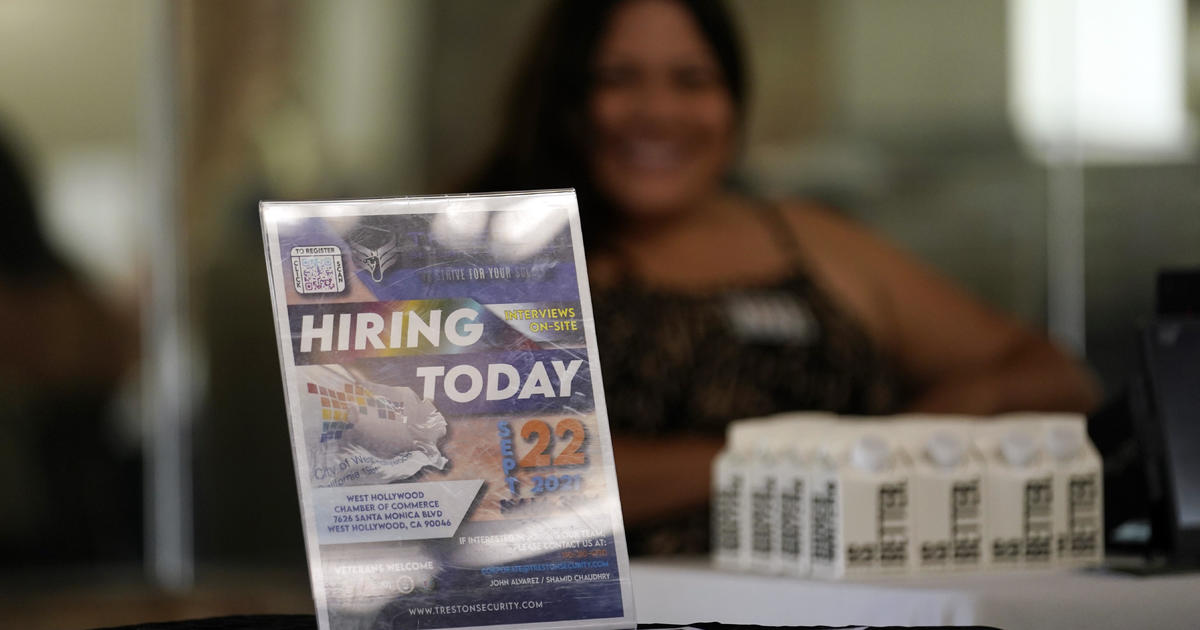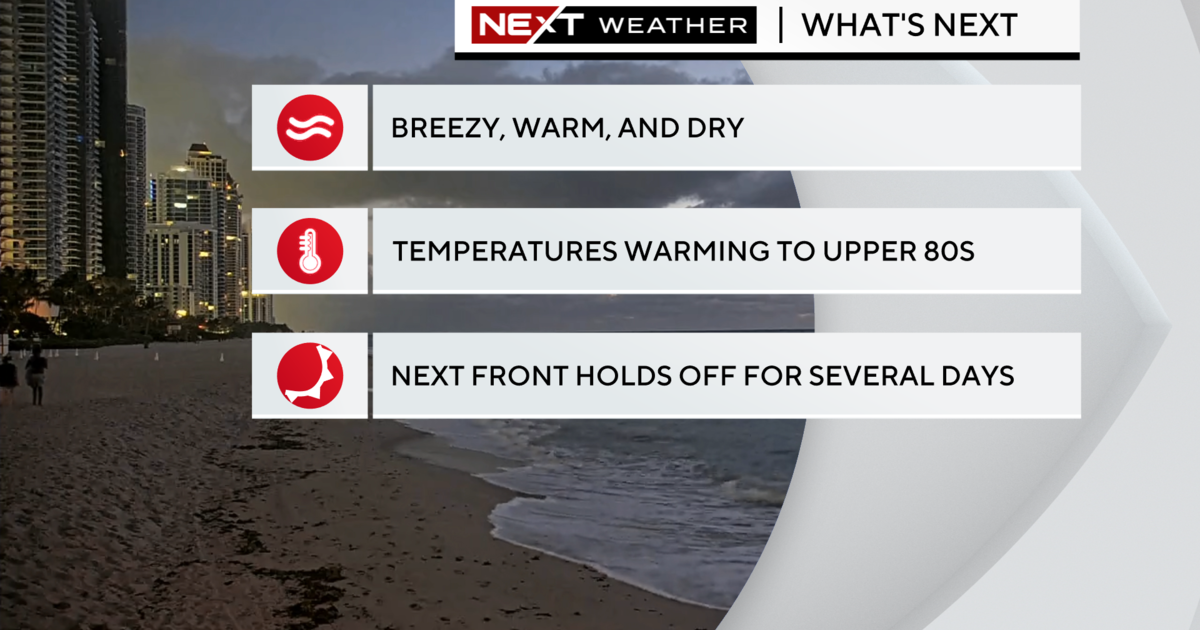NFL & Associated Press Tangle Over Column
MIAMI (CBSMiami) – In a battle of heavyweights of their respective industries, it doesn't get much bigger than the Associated Press versus the NFL. That's exactly the battle unfolding Wednesday after the NFL took major exception with a column the AP released.
The column, by AP's Jim Litke, takes aim at NFL commissioner Roger Goodell and the issue of stadiums, the Super Bowl, and the NFL's scheduling.
"The NFL is free to twist arms, just like anybody else. So maybe it's just coincidence that all five of the new stadiums that will come on line during Roger Goodell's brief tenure as NFL commissioner have now been awarded Super Bowls. Or maybe not," Litke said to start his column.
Litke's column immediately brought South Florida's failed Super Bowl bid into the discussion saying, "More telling than the argument Goodell and the owners made for either venue might be the one they aimed at the Miami Dolphins' failed bid. 'I think the stadium is a very important part of any of these proposals,' he said after the vote. 'I had a couple of owners express to me privately the condition of the stadium was an important factor to them in their votes.'"
Litke said South Florida had paid out recently for the homes of the Heat and Marlins, but asked, "who's counting? Certainly not Goodell. He's made securing new stadiums for franchise owners — largely publicly-financed stadiums — every bit as much a signature issue as player safety. So far, as noted above, every town that helped build one since 2006 has been rewarded with a Super Bowl."
Perhaps Litke's toughest shot at the NFL came in a paragraph shortly after the previous quote that said, "The NFL already rules the sporting landscape and the airwaves from coast to coast. Apparently, that's not enough. Based on a few things Goodell let slip at the end of the owners meeting, it sounds like he's working on plans for a Death Star."
Not surprisingly, the NFL took exception with the column. In a rare move, the NFL posted a full response to the column on the league's website. The NFL took exception with the criticism of the public costs of stadiums around the league.
"There are 13 stadium projects in the pipeline now with 74 percent ($3.2 billion) of the costs being privately financed by NFL owners. Your column says that new NFL stadiums are 'largely publicly-financed stadiums.' That is not true," the league said. "Specifically, private investment accounts for 100 percent of the cost of the Jets/Giants' MetLife Stadium, more than 60 percent in Dallas, more than 90 percent in San Francisco, more than 70 percent in Atlanta, and more than 50 percent in Minneapolis."
On the other hand, according to the Atlantic.com, "just there of the NFL's 31 stadiums were originally built without public funds. In two of those cases, public funding was later used to upgrade the stadium or the surrounding facilities, even as all 32 of the NFL's teams ranked among Forbes' 50 most valuable sporting franchises in the world in 2012."
The NFL also criticized Litke's take on awarding Super Bowls to areas that go along with the NFL in public-private partnerships for stadium construction.
"How is it arrogant to take the nation's top sports event, which indisputably brings with it significant economic benefits, and hold it in communities all over the country?" the league asked in its response.
The NFL also said that if the fan demand wasn't there, they wouldn't be considering changing the calendar or other moves that could expand the season.
There is truth to both sides in the argument between the two sides. The NFL has every right to award the Super Bowl to any city it wants and the league has essentially moved away from a rotation of just certain cities hosting the game.
However, when the stadium deal fell through in Miami, the NFL wasted no time in sending a message to the rest of the country that if they want the big game, they will have to play ball. That was the message that even the NFL's own network was espousing when the final Super Bowl votes were cast Tuesday.
When it comes to the calendar, the NFL can and does have the freedom to move it around how they see fit. If the quality of play on the field suffers, fans will reject it and the NFL will then move to improve the quality of the product.
The entire incident was a rare public spat for the National Football League. The league is in command of the most popular sport in America and rarely makes a move similar to the one to go after LItke's column in such a public way.
The NFL is a multi-billion dollar business that features only owners who can cough up at least a billion dollars to join the select group. It's a tough argument for the league to make in the current economy that public funding is needed for such a wealthy organization.
For example, an average ticket in 2011 to Soldier Field in Chicago cost $101.55. That means if the game is sold out, which they typically are, the team will gross $6,245,325 on the ticket sales alone. Adding in beverages, food, and souvenirs, and a family of four could easily spend over $500 for one game.
Yet still the NFL, and other pro sports leagues, request massive amount of public funding to help subsidize the stadium construction. The NFL can counter that other industries receive massive tax subsidies to locate in certain areas, which costs area's millions of dollars as well.
It's an argument that has no end and one that will not be settled any time soon.



